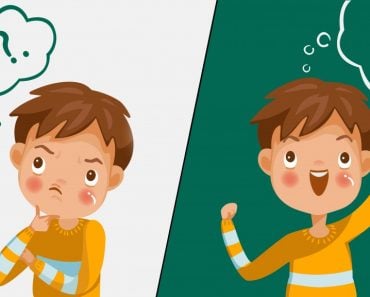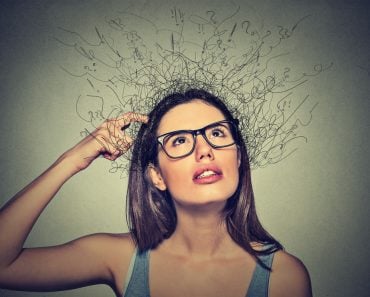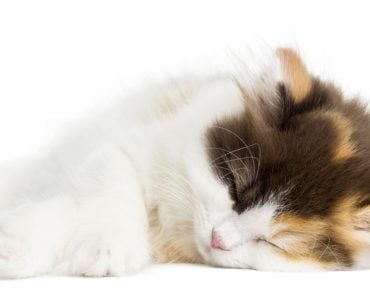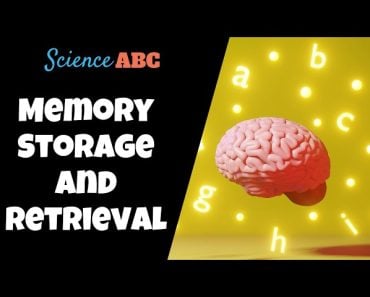Table of Contents (click to expand)
There are a few reasons why some people can’t remember their dreams. One reason is that they don’t have enough periods of wakefulness during their sleep cycle, so they can’t memorize their dreams. Another reason is that the region of their brain responsible for processing information from external stimuli and from within the body, the temporo-parietal junction, isn’t as active as it is in people who can remember their dreams. Finally, people who can remember their dreams usually wake up during REM sleep, which is when dreams are the most vivid.
Marin Luther King Jr. had a wonderful vision to fulfill his dreams when he gave his famous “I Have a Dream” speech. I would also love to chase my dreams, but in my case, the speech would be “I Had a Dream”. No, it’s not like I’ve given up on following my dreams after becoming dejected. No, the problem with me is that I can’t seem to remember my dreams after I wake up in the morning. Even if I do remember some part of them, they’re very vague.
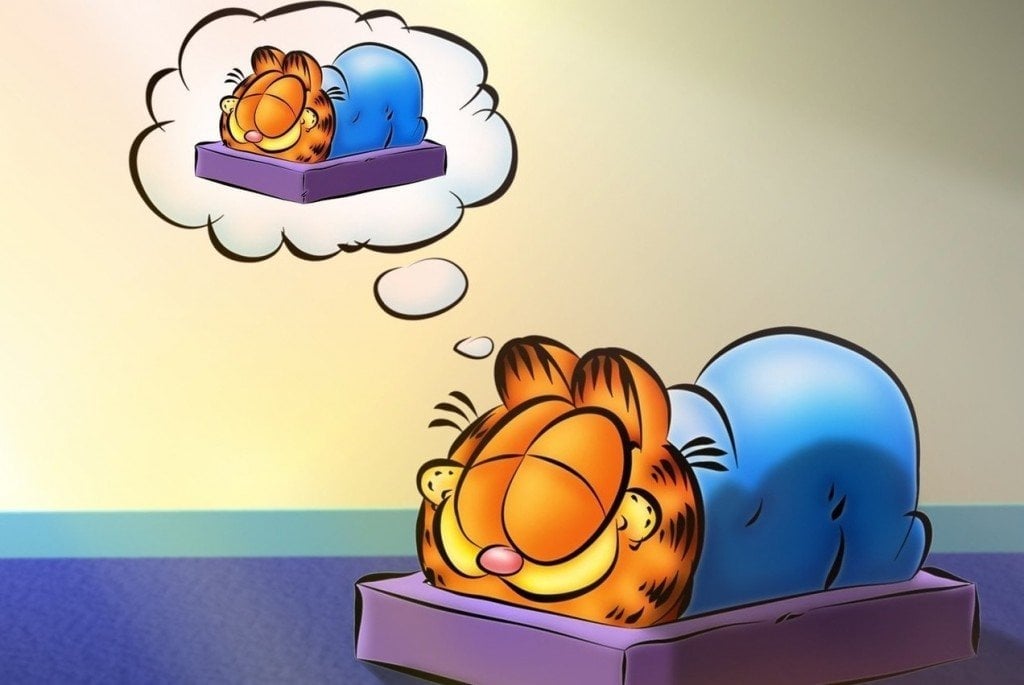
In my dream today, I was leading an army of soldiers somewhere; but where was I leading them, against whom was I revolting, and most importantly, what the purpose behind it is a complete mystery to me? It feels like one of the Christopher Nolan movies to me – Memento or Inception. Why on earth, am I unable to remember my dreams?
Why are some people able to recall their dreams after sleep, while others are not able to recall them at all?
Recommended Video for you:
High Dream Recallers Vs. Low Dream Recallers
Why we dream is still essentially a mystery to scientists, but it is known that every human being dreams. Furthermore, it is well known that some people are able to remember their dreams more than others. People who are able to remember their dreams more often are called high dream recallers, whereas people who are not able to remember their dreams are called low dream recallers.
Research conducted at Lyon Neuroscience Research Center on these two types of dreamers showed that high dream callers have more activity in their brains’ temporo-parietal junction than the activity found in low dream recallers.
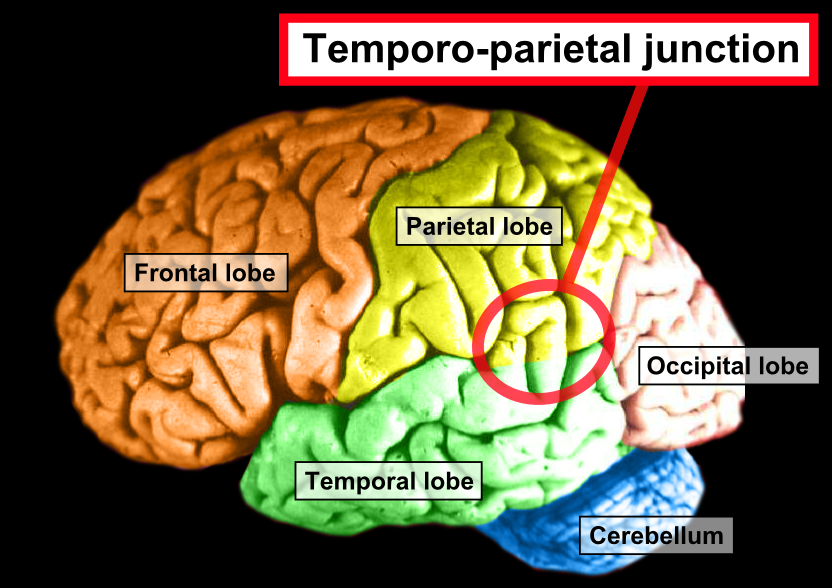
The temporo-parietal junction is responsible for processing information from both external stimuli and from within the body. Due to increased activity in this region, high dream recallers awaken twice as many times throughout their sleep at night as compared to low dream recallers.
Given that high dream recallers have more periods of wakefulness in their sleep, they are able to memorize their dreams in the short period of time when they are awake. A sleeping brain is not able to memorize new information; it needs to be awake to remember it. This is the reason why low dream recallers are not able to remember their dreams, as they have fewer periods of wakefulness throughout their sleep cycle.
The temporo-parietal junction region of high dream recallers has higher activity, even when they are awake, as compared to that of low dream recallers. This is the reason why high dream recallers respond more strongly when hearing their names, as compared to low dream recallers.
Dream Chasing
A person is likely able to remember their dreams the best if awakened during REM sleep, much more than compared to recollection during other modes of sleep. It is said that 50% of any dream is forgotten within 5 minutes of the dream and about 90% of the dream is forgotten within 10 minutes. So, if you want to remember your dreams after waking up, try to concentrate only on remembering the dream and not think about anything else. Having a piece of paper next to your bed also helps!
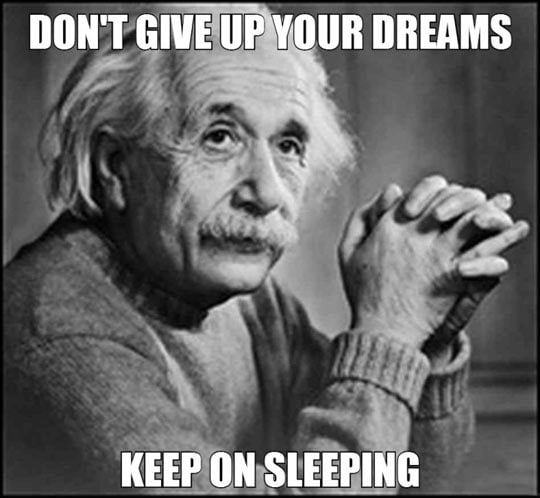
Dreams are important parts of our lives. They contain our unfulfilled fantasies, our aims in life, escape routes from realities and many more wondrous things. I’m sure you can agree that it would be a remarkable feeling to remember all those dreams (while forgetting all the nightmares, obviously).

